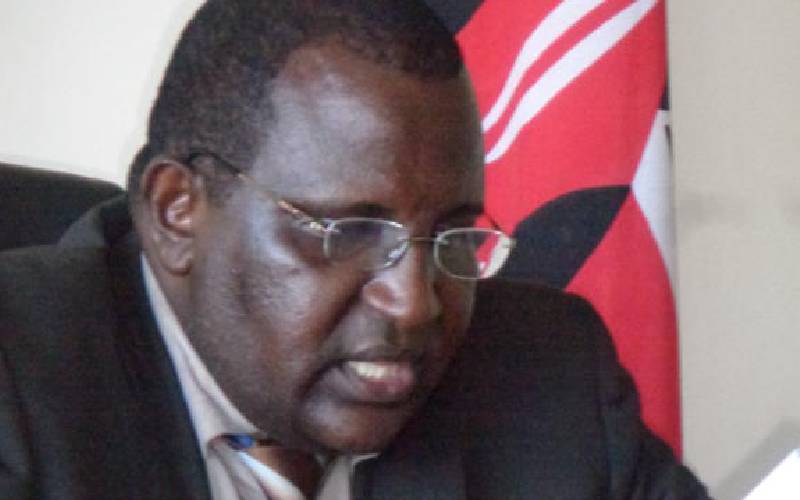×
The Standard e-Paper
Kenya’s Boldest Voice

Judge Weldon Korir at the Malindi High Court. [Nehemiah Okembah, Standard]
Oil marketing companies have been locked out of the Energy and Petroleum Regulatory Authority (EPRA) board over conflict of interest concerns.